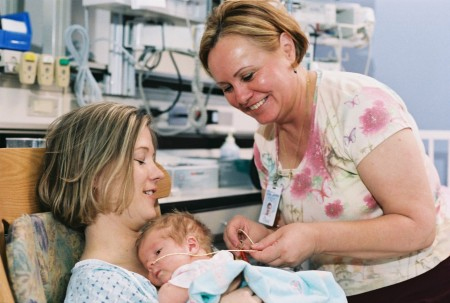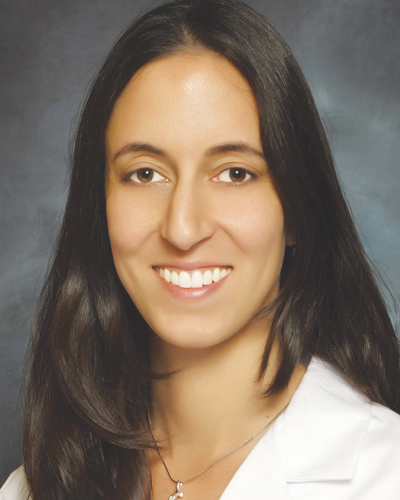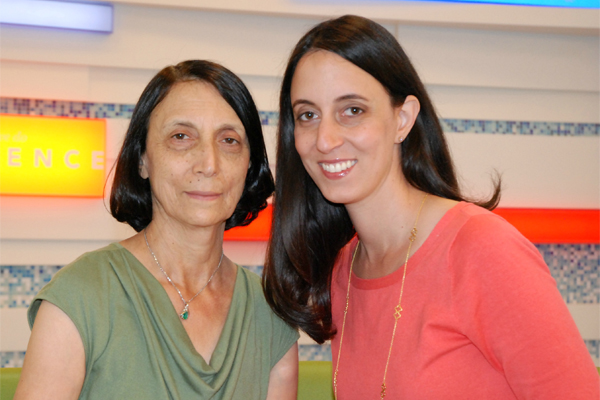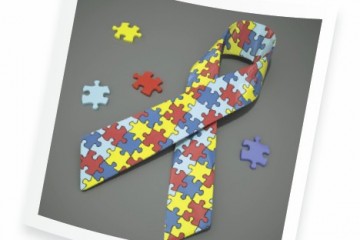THE FIELD OF MEDICAL GENETICS
Medical genetics involves the study of inherited diseases. The field includes genetic counseling and testing, and their application to patient care in the practice of medicine. Genetic factors play a role in causing certain diseases, birth defects or an inherited predisposition to a health problem, says Dr. Neda Zadeh, CHOC medical geneticist. “It’s one of the most rapidly advancing areas of medicine,” she says of the field of medical genetics.
GENETIC OR INHERITED DISEASES AND CONDITIONS
“Genetic disorders overall make up a huge number of hospital admissions nationwide, about 20 to 40 percent. Most likely that number will get bigger as our knowledge expands,” says Dr. Zadeh. She placed genetic conditions into three main categories: chromosome abnormalities such as Down syndrome; single-gene disorders like cystic fibrosis; and multifactorial disorders in which there is a combination of both genetic and environmental factors.
GENETIC TESTING
Genetic testing is the analysis of chromosomes, DNA and other cellular components to find the cause of a genetic disorder, says Dr. Zadeh. “Genetic testing is used in making a diagnosis and providing the patient and family with more information about the disease process, if treatments are available, and what to expect. It also provides information about inheritance and the risk for future pregnancies.” Exome sequencing and whole genome sequencing are newer types of genetic testing that are very helpful in identifying rare genetic conditions, says Dr. Zadeh.




















